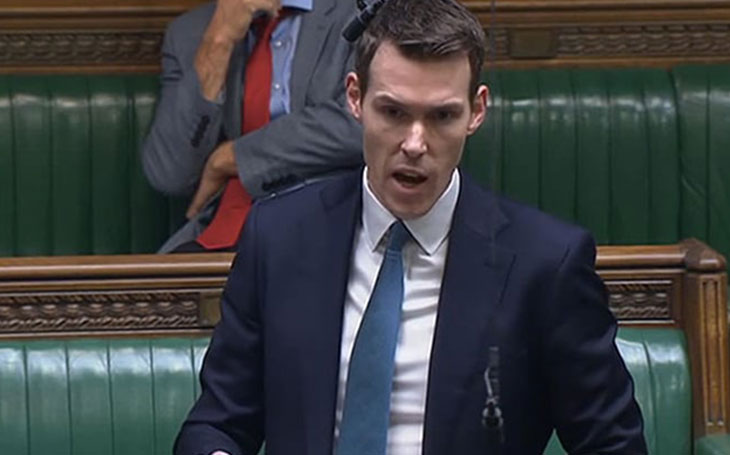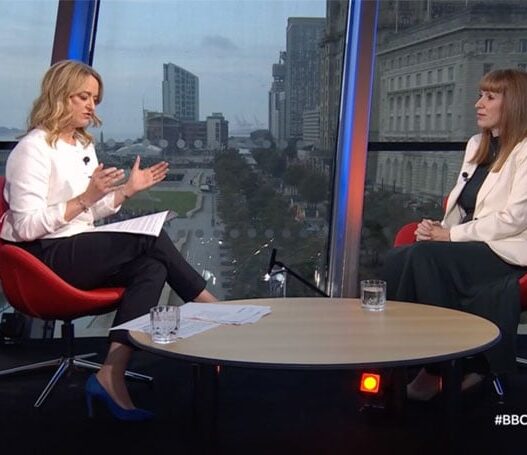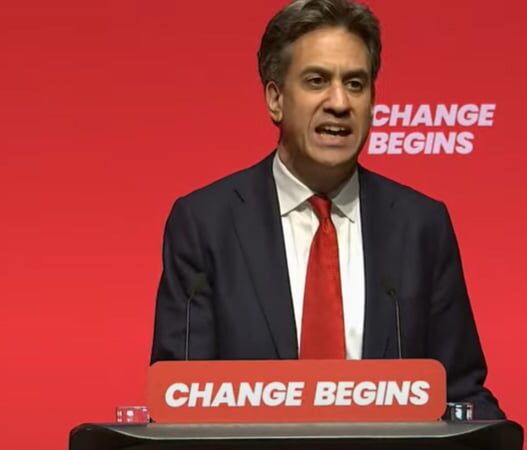Housing Minister Matthew Pennycook (main pictured) said the Government would invest in additional court capacity to respond if section 21 “no-fault” evictions were abolished.
A bill to ban section 21 “no-fault” evictions was introduced in Parliament this week, signalling the Government's intention to fast-track PRS regulation.
Delivery failed
The previous Conservative government failed to fulfil its promise to repeal Article 21 when the deadline expired when a snap election was called, but the new Labour government is poised to follow through.
Propertymark has made it clear that it is not happy with the move, and made this clear in comments, saying that without steps to ease pressure on the courts, the reforms will fail.
The need for reform is abundantly clear.”
But Pennycook argues: “The need for reform is clear – private rented housing is currently the least affordable, poorest quality and most insecure form of housing.”
“The industry is failing responsible tenants and it's failing the vast majority of good landlords who provide a decent service to their tenants.”
A change that is long overdue
Writing in the Daily Telegraph, he said: “Change is long overdue, not least because the private rented sector has changed beyond recognition since Parliament last enacted legislation that fundamentally altered the relationship between landlord and tenant in 1988.”
“The Government is moving swiftly to make reforms in this area because tenants have waited too long for the rights and protections they deserve, and landlords need the certainty they were denied by the previous government's chaotic handling of the legislation,” Pennycook said.
Additional Capacity
He said the government would “further increase the capacity of our courts and tribunals to handle the additional cases that will result from these reforms.”
A new digital system for property claims is also being developed “to make the process faster, clearer and more reliable for both landlords and tenants.”






















